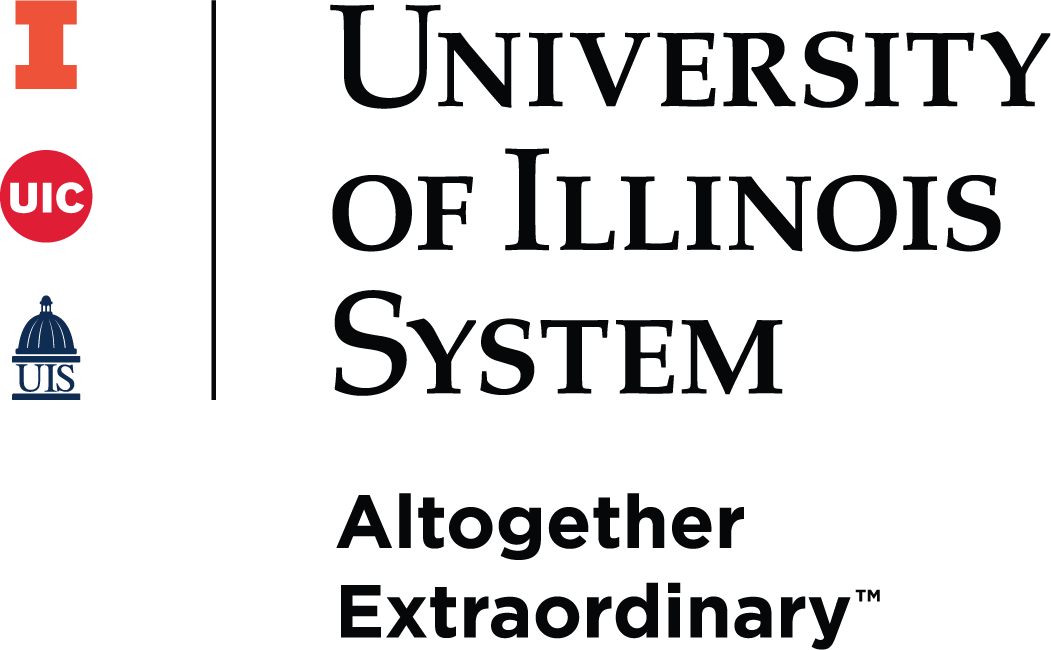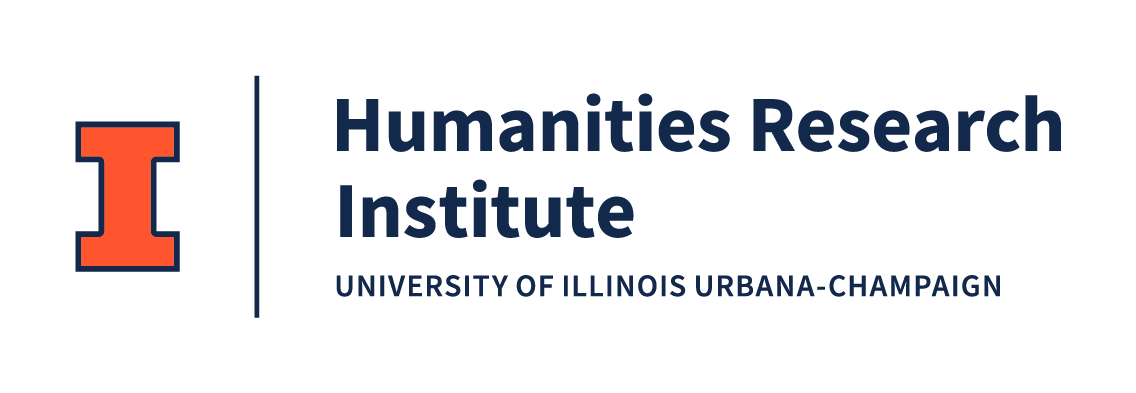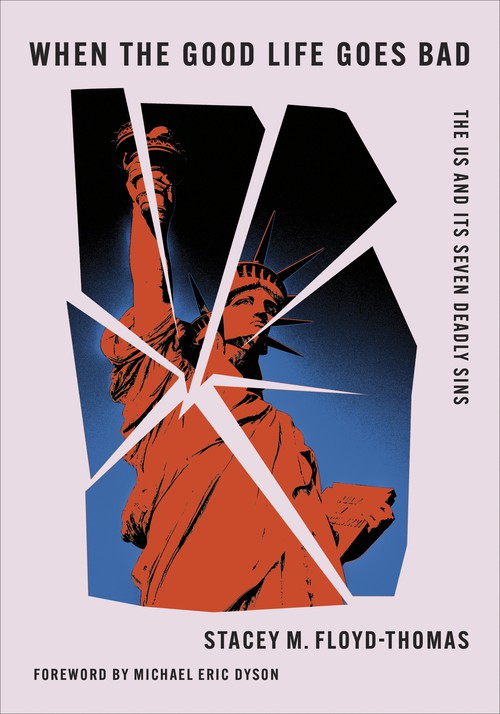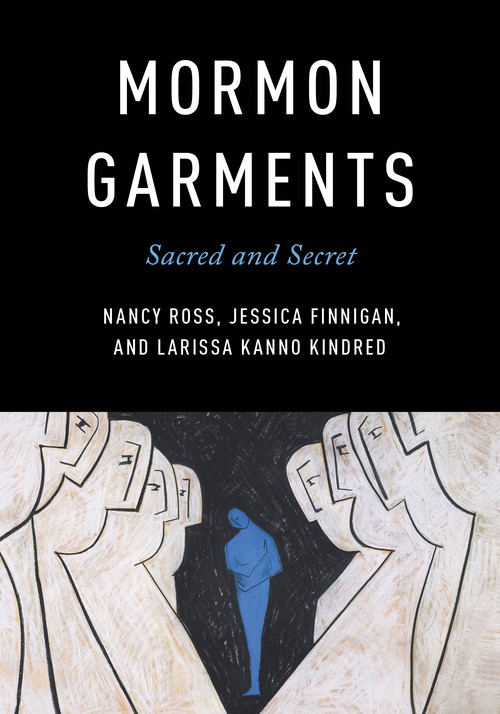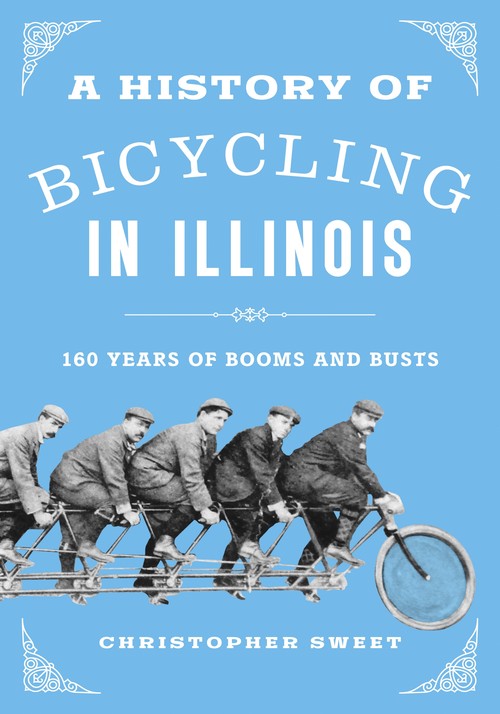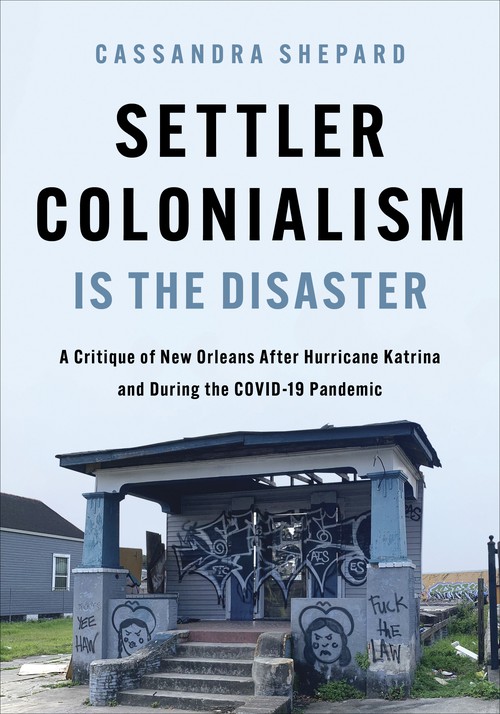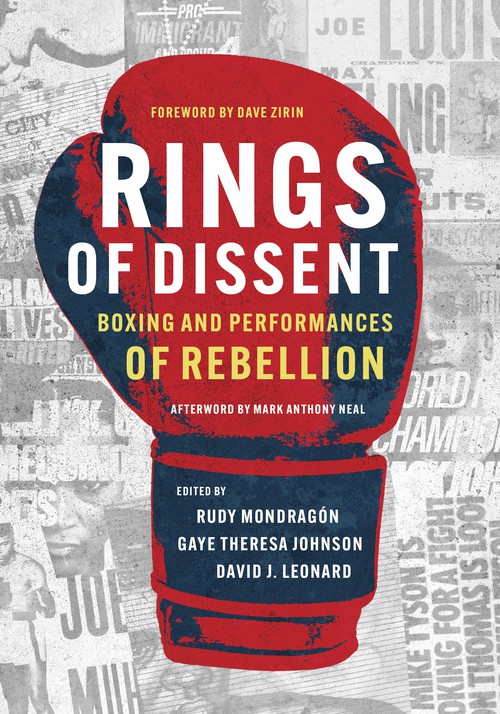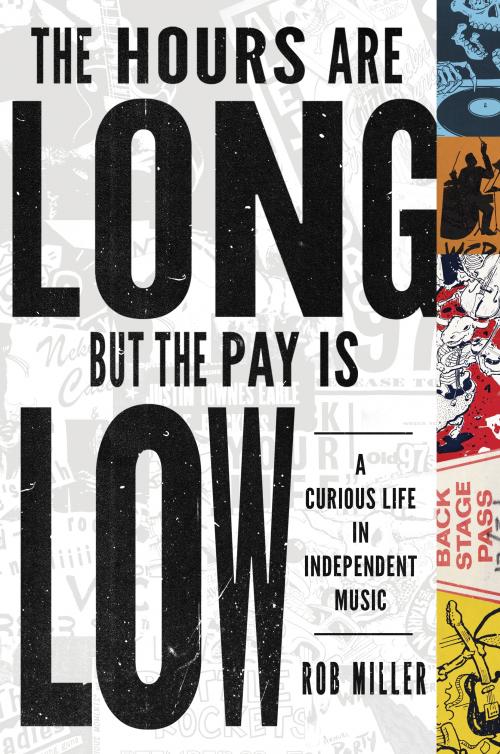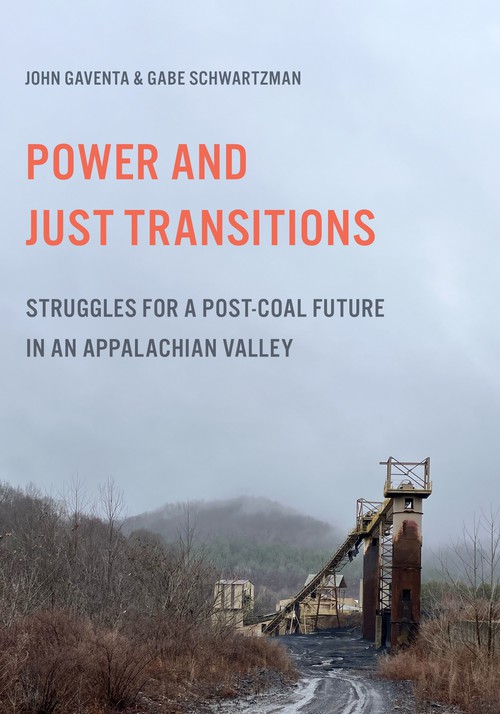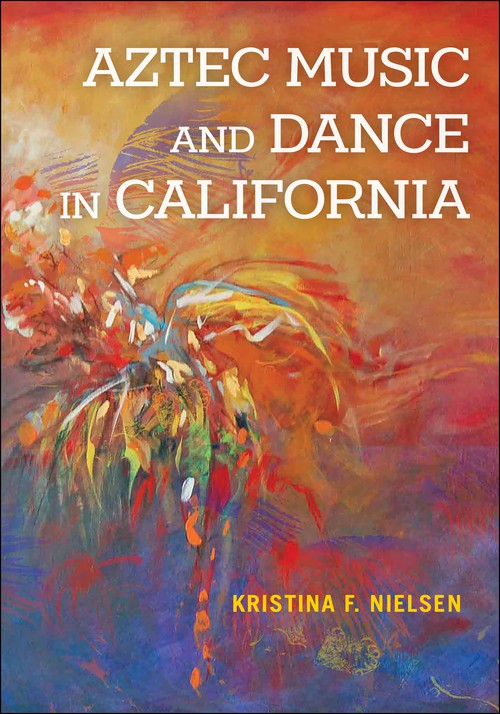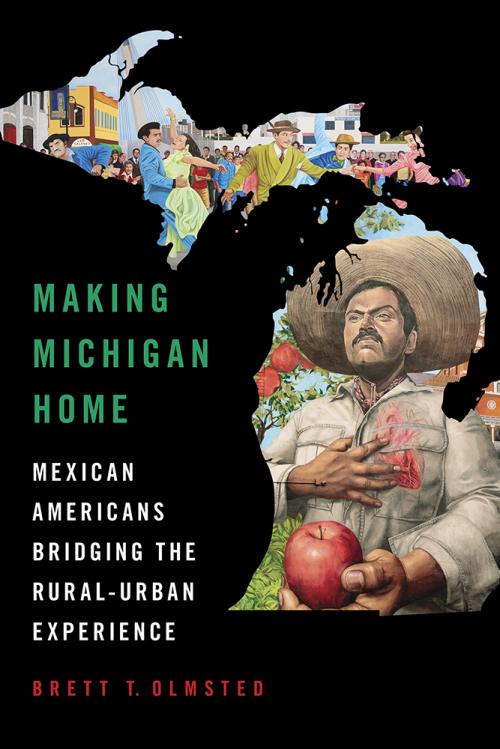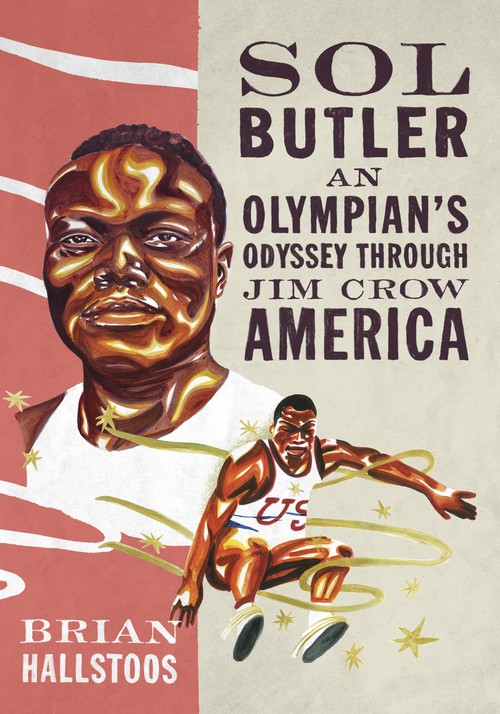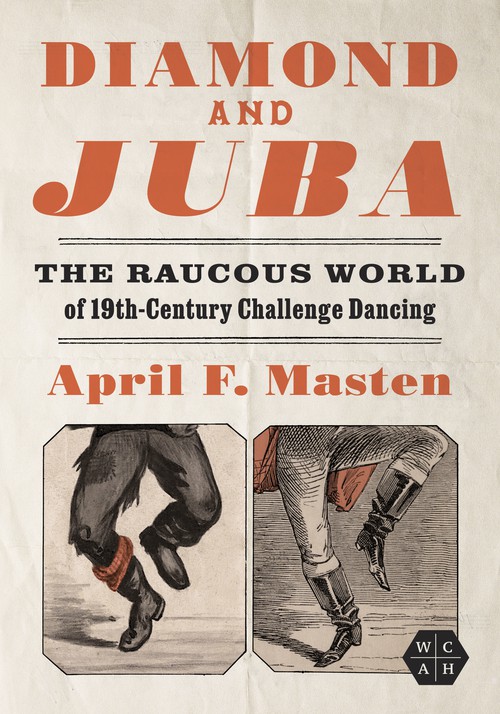Avijit Ghosh, Interim Executive Vice President and Vice President for Academic Affairs, University of Illinois at Urbana-Champaign
An interdisciplinary panel of scholars will discuss best practices, with topics such as how to use antiracist and inclusive frames to develop research questions; how to assign weight and credibility to sources and data that traditional research methods discount or overlook; how to take account of what is missing in archives; how to identify different kinds of “archives” (anti-archives?) that respond to different kinds of research questions; research (and publishing) strategies that can counter tendencies to reproduce existing prototypes, values, structures of credibility.
Chair: Isabel Molina-Guzmán is a professor in Latina/Latino Studies, Communication, and a faculty affiliate of the Institute of Communication Research, Gender & Women’s Studies and Latin American & Caribbean Studies at the University of Illinois, Urbana Champaign. She currently serves as the College of Liberal Arts & Sciences Faculty Director of Diversity and Inclusion, and the Graduate College Faculty Director of the Sloan University Center for Exemplary Mentoring. She is author of Dangerous Curves: Latina Bodies in the Media (NYU Press, 2010) and Latinas and Latinos on Television: Colorblind Comedy in the Postracial Network Era (University of Arizona Press, 2018).
Panelists:
Jenifer L. Barclay is an assistant professor of history at the University at Buffalo, affiliate faculty of UB’s Gender Institute, associate editor of the Review of Disability Studies: An International Journal, and the author of The Mark of Slavery: Disability, Race, and Gender in Antebellum America (University of Illinois Press).
Toby Beauchamp is an associate professor of gender and women’s studies and affiliate faculty in the Unit for Criticism and Interpretive Theory at the University of Illinois, Urbana-Champaign. He is the author of Going Stealth: Transgender Politics and U.S. Surveillance Practices (Duke University Press, 2019).
Lisa Elzey Mercer is a designer, educator, and researcher in the School for Art and Design at the University of Illinois, Urbana-Champaign. She codeveloped the framework Racism Untaught, a framework for identifying racialized design and critically assessing antiracist design approaches.
Laurie Matheson, Director, University of Illinois Press
Publishing professionals from multiple scholarly and university presses share how publishers are working to develop antiracist and anti-bias practices in scholarly publishing, from acquisitions and peer review to copy editing and design to marketing and promotion.
Chair: Christie Henry is director of Princeton University Press. She is currently on the boards of the AAP and AUPresses, for whom she led the Gender Equity and Cultures of Respect Task Force and the Activating Directors in EJI work.
Panelists:
Mike Baccam is an acquisitions editor at the University of Washington Press, acquiring books in Asian American studies, western US history, and critical ethnic studies.
Sara Jo Cohen is a senior acquiring editor at the University of Michigan Press. Her areas of acquisition include American studies, disability studies, and music and media studies.
Dominique J. Moore is an acquisitions editor at the University of Illinois Press, acquiring books in American ethnic studies, Black studies, and women, gender, and sexuality studies.
Home - Conducting research through an anti-racism lens - Research Guides at University of Minnesota Minneapolis (umn.edu)
A guide for researchers looking to incorporate anti-racism into their research practices.
Cite Black Women. - HOME (citeblackwomencollective.org)
Resources supporting critical reflection on everyday practices of citation, with the goal of motivating researchers to consciously question how they can incorporate black women into the CORE of their work.
This short guide synthesizes a range of current research and best practices to promote diversity, equity, and inclusion (DEI) in scholarly publishing. The guide contextualizes publishing considerations such as authorship, peer review, and marketing while providing concrete strategies to include a range of perspectives and to address disparities in access to information.
‘A Conflicted Cultural Force’: What It’s Like to Be Black in Publishing - The New York Times (nytimes.com)
Eight publishing professionals — working in different facets of the industry, including an author, literary agent, marketer, publicist, editors and booksellers — share their perspectives.
Watch recordings of previous University of Illinois Press Publishing Symposium sessions:
Questions? Contact Laurie Matheson, University of Illinois Press, lmatheso@illinois.edu
